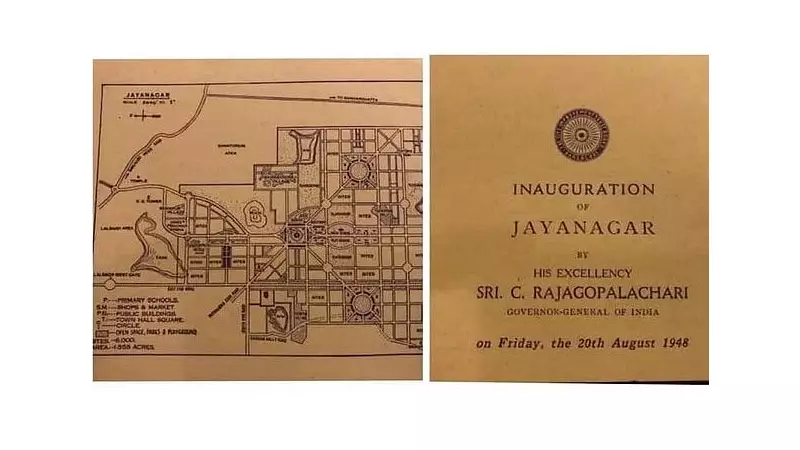
In a startling revelation that has resonated with millions of Bengaluru residents, BJP MP Tejasvi Surya has painted a grim picture of the city's dramatic descent from a meticulously planned urban center to what he describes as "maddening chaos." The young parliamentarian's observations come at a time when India's Silicon Valley is grappling with unprecedented infrastructure challenges.
The Golden Era: Jayanagar's Planned Perfection
Surya nostalgically recalled Bengaluru's former glory, specifically highlighting Jayanagar as the epitome of urban planning excellence. "This was a locality built with vision and precision," he emphasized, drawing comparisons to globally acclaimed cities like London and Tokyo in their attention to detail and systematic development.
The MP's comments underscore a painful contrast between the city's planned past and its current state, where basic amenities and organized growth seem to have taken a backseat to haphazard expansion.
The Infrastructure Breakdown: Where Did Bengaluru Go Wrong?
The transformation from India's garden city to a urban management case study has been dramatic and concerning. Several key factors have contributed to this decline:
- Explosive Population Growth: The IT boom transformed Bengaluru into a magnet for talent, overwhelming existing infrastructure
- Inadequate Urban Planning: Failure to anticipate and prepare for rapid expansion led to systemic breakdowns
- Traffic Gridlock: Once smooth roads now resemble parking lots during peak hours
- Water Management Crisis: The city frequently grapples with both flooding and water scarcity
A Wake-Up Call for Urban Revival
Surya's comments aren't merely criticism but serve as a crucial wake-up call for administrators and citizens alike. The reference to international cities like London and Tokyo suggests that solutions exist, but require political will, systematic planning, and community participation.
The MP's lamentation comes when Bengaluru faces critical decisions about its future development trajectory. His comparison to globally benchmarked cities indicates that the standards for urban excellence are well-established; the challenge lies in implementation.
The Path Forward: Learning from Global Best Practices
While acknowledging the current challenges, Surya's message implicitly calls for adopting international best practices in urban management. The references to London and Tokyo's development models suggest that Bengaluru could benefit from:
- Comprehensive master planning with long-term vision
- Integrated public transportation systems
- Sustainable environmental management
- Community-centric urban design
As Bengaluru stands at this critical juncture, the conversation initiated by Tejasvi Surya could catalyze much-needed dialogue about urban renewal and sustainable development in one of India's most important metropolitan centers.






